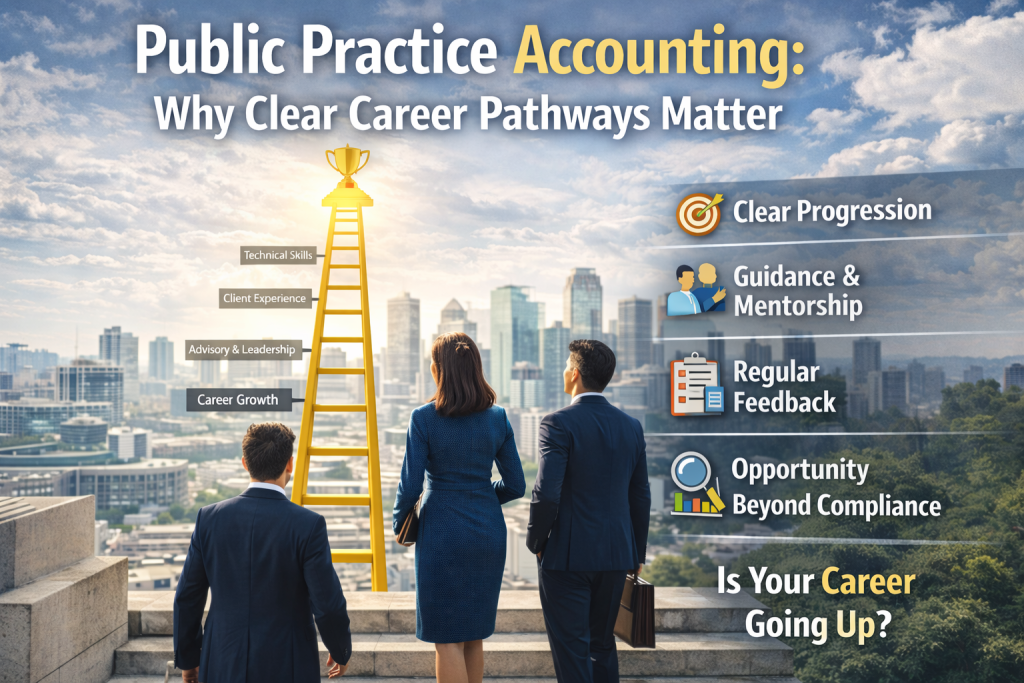5 ways to improve mental health in the workplace
The taboo surrounding mental health or mental wellness in the workplace is gradually disappearing, here are 5 Ways To Improve Mental Health In The Workplace.
Mental health remains a taboo subject in the workplace, with less than one in seven employees (13%) comfortable discussing it at work, according to charity Time to Change.
One in five Australians experiences a mental health condition in a given year. One in two will experience a mental health condition in their lifetime. Every day, nearly eight Australians die by suicide.
When people hear terms like ‘mental disorder’, ‘mental illness’ or ‘mental health condition’, many think they only relate to people who are suicidal, paranoid, delusional, and the like.
However, mental health doesn’t discriminate and isn’t confined to any specific boundaries.
Maybe, for you, it might look something more like this; feeling so stressed that find yourself having a few too many coffees in the morning or you binge on comfort foods when you get home? Or maybe you’ve noticed you consume a little more alcohol or smoke more cigarettes than you used to?
If you experience things like this over a prolonged period of weeks or months, it’s a sign that your life might not be balanced right now and that your mental wellbeing may be suffering.
Mental health is too important to ignore, but often hard to discuss.
Here are five strategies to get the conversation started in your workplace:
1. Discussing mental health? Start early
Experts emphasise the importance of taking a proactive approach to mental health. Companies should aim to maintain an ongoing mental wellbeing conversation, it should not be something that is only addressed once people are unwell.
2. A culture of supporting health
Creating a culture of acceptance and support plays a big part in bringing mental health issues out of the shadows. Some strategies employers can implement to build that culture could be:
-
Clear policies around mental health and safety
-
Raise awareness of the impact of unmanaged stress in the workplace.
-
Provide training on mental health in the workplace.
-
Provide flexible working arrangements.
-
Encourage healthy habits, e.g. regular breaks throughout the day, social events, and having lunch away from the desk
3. Lead by example
Conversations around mental health need to start at the top, this can be hard to do as most of these conversations are very personal but the more people share their experiences, the more it becomes normalised and breakdown the stigma around mental illness.
4. Training staff in the workplace
Education is an important precursor to any discussion about mental health in the workplace. Training managers in how to have conversations with someone who has a mental illness and how to offer them support is a great starting point which will filter down to other employees and prompts self-help seeking behaviour.
5. Start talking about mental wellbeing
National days such as R U OK? Day or World Mental Health Day can serve as a great segue to starting discussions around mental wellbeing. It can be as simple as checking in with the team after a busy period in the business and having a discussion about how everyone is going. The expectation is not that people disclose that they have a mental illness, but it invites people to reflect on their own health and wellbeing and discuss strategies and avenues of support if they’re struggling. There will be times when a one-on-one conversation about mental health with a staff member is required in these cases it’s important to express your concern, refrain from judging and don’t make assumptions as everyone’s experience of mental illness may be different. Unless you are a trained professional, you are there to offer support.
If this article has raised issues for you or you’re concerned about someone you know, help is available, open 24 hours a day every day, Lifeline Australia call 13 11 14, Beyond Blue call 1300 224 636 or chat online with each provider.
From our blog
Read our articles below to see our latest insights.









